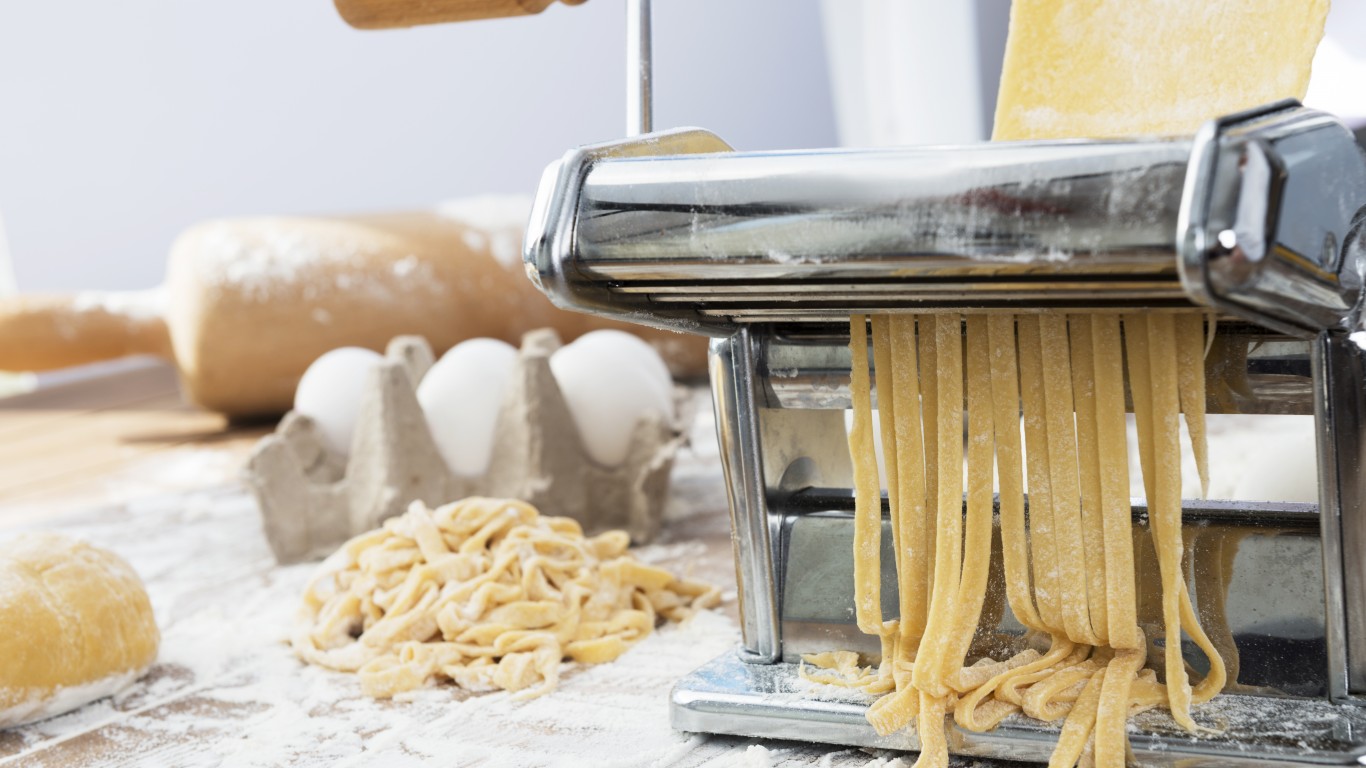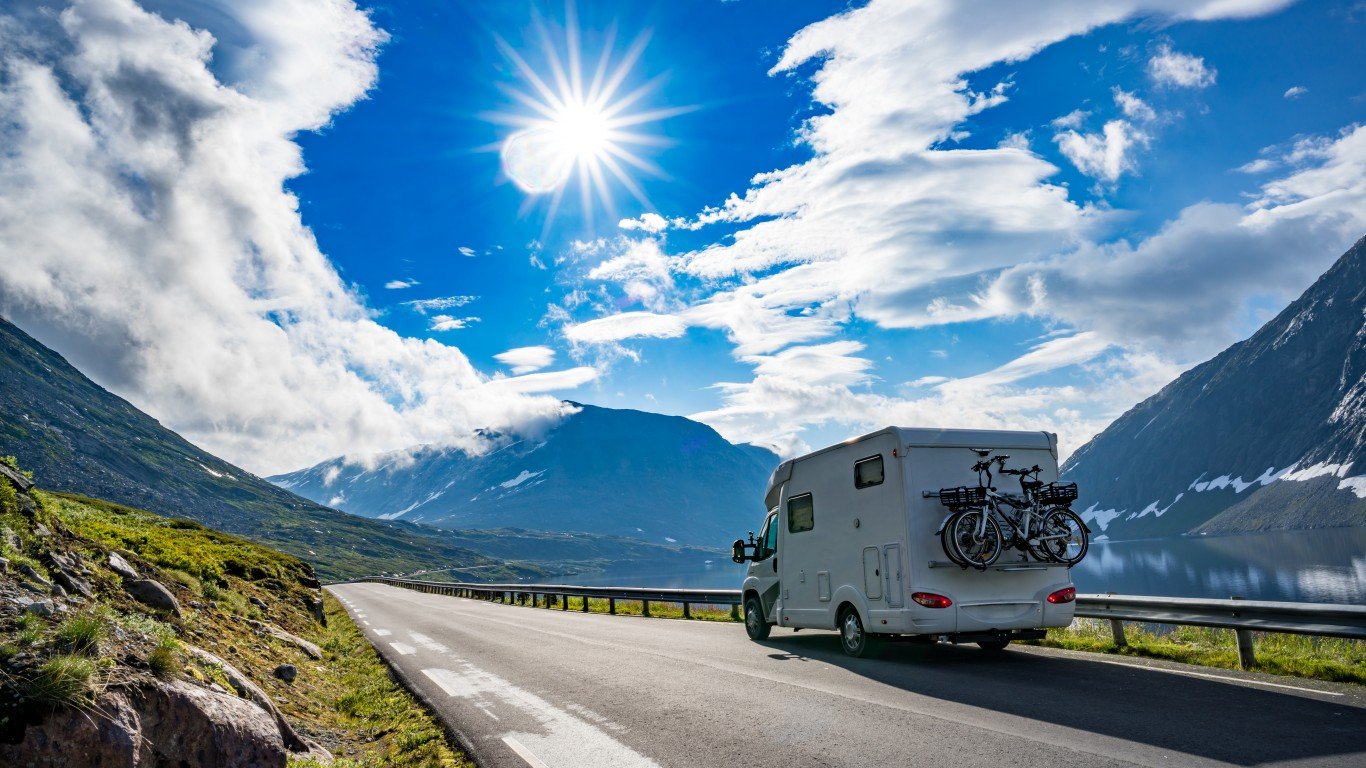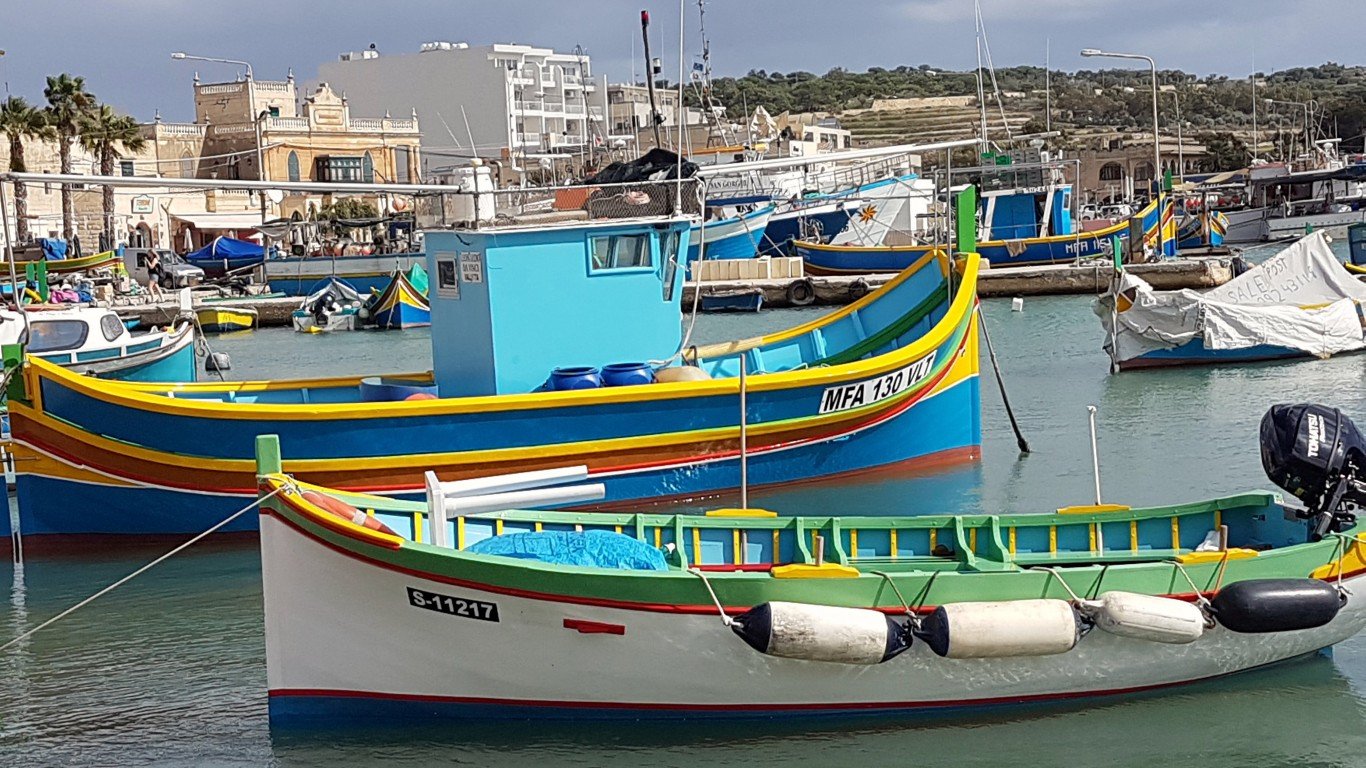
11. Annuity
Annuities are an agreement in which an individual gives a company, usually an insurance company, their money, typically from a retirement savings account, and in return the company sends them regular payments for the rest of their life. If they feel that they can manage their own finances, there is no reason to get an annuity.
These agreements make it difficult to change retirement plans because you are locked into the payment stream. They are also costly, as the company managing the annuity typically takes a commission. People sometimes opt for annuities to insulate themselves from market volatility by receiving a fixed income stream instead of leaving their finances in investments, though index funds tend to perform well enough long term so they are considered a better bet than annuities.

12. Multivitamins
Americans spend a lot of money on multivitamins — more than $12 billion per year. However, the benefits do not appear to justify taking these supplements. Johns Hopkins University reviewed studies that found that multivitamins do not reduce the chances of heart disease, cancer, or memory loss.
Instead of taking multivitamins, doctors recommend eating a healthy diet — fruits, vegetables, whole grains, and protein. These foods contain the necessary vitamins and minerals that can lower health risks.

13. Pasta maker
Fresh pasta makes for a delicious dinner, so it makes sense that at-home cooks may be tempted to get their own pasta maker to create their own noodles from scratch. These specialized contraptions, however, can be hard to use and even harder to clean, and the odds are you will not be making fresh pasta all that often.
Pasta makers can run anywhere between $40 and $200. When you factor in the cost of ingredients, you’d have to make oodles of noodles to turn the pasta maker into a worthwhile investment. Regular store bought dry noodles should work just fine for most recipes. If you are really that determined to make your own pasta, you can make it from scratch using just your hands and a knife.
14. Boats
There is a saying that “the two best days of a boat owner’s life are the day they buy their boat and the day they sell it.” While cruising around the water seems fun, boats can turn out to be a high-priced hassle. Owners must pay for fuel, fees, licenses, taxes, insurance, storage, and winterizing their boat, not to mention the extra supplies like life jackets, cleaning supplies, and accessories needed to haul a boat to and from the water. All this for a boat will likely only be used on warm and clear days.
It may be a better idea to rent a boat as needed, or join a boating club where you can use one of the many boats on site without worrying about maintenance or taking on all the hidden costs by yourself.

15. Mobile home
Unlike traditional homes, mobile homes often do not appreciate in value. In fact, they often lose their value. These homes are considered personal property, not real property because they are not permanently attached to the land. Since they are personal property, the loans needed to buy a mobile home tend to have much higher interest rates. These mobile homes are often parked in mobile home parks, where owners must still pay rent to landlords.
Even though mobile homes seem less expensive from the outset, high interest rates and depreciation make them a poor long-term financial investment. Buying a traditional home is generally a better financial move.

 24/7 Tempo
24/7 Tempo





